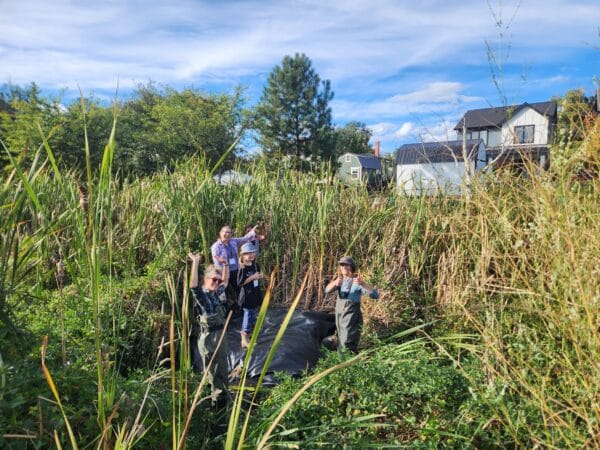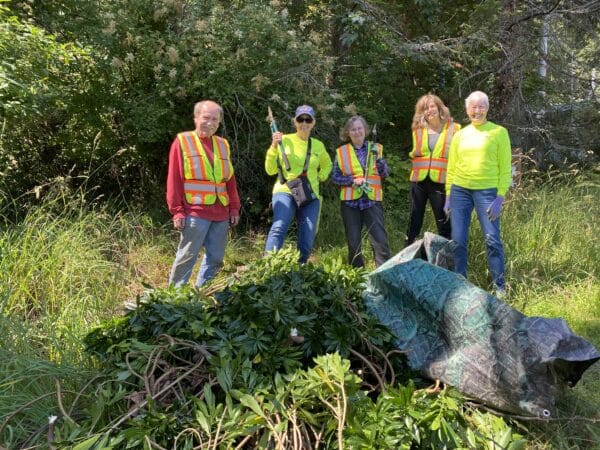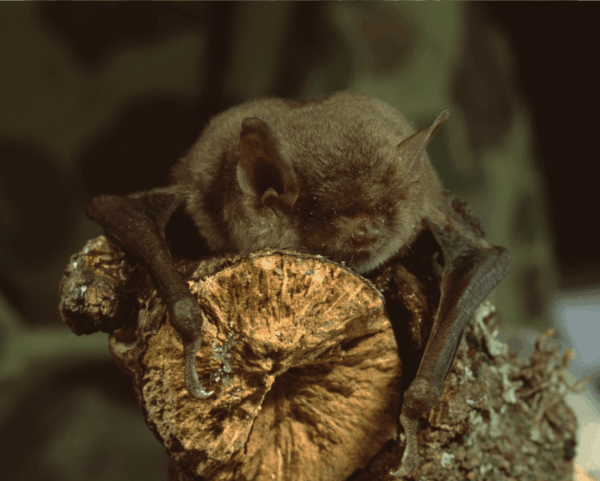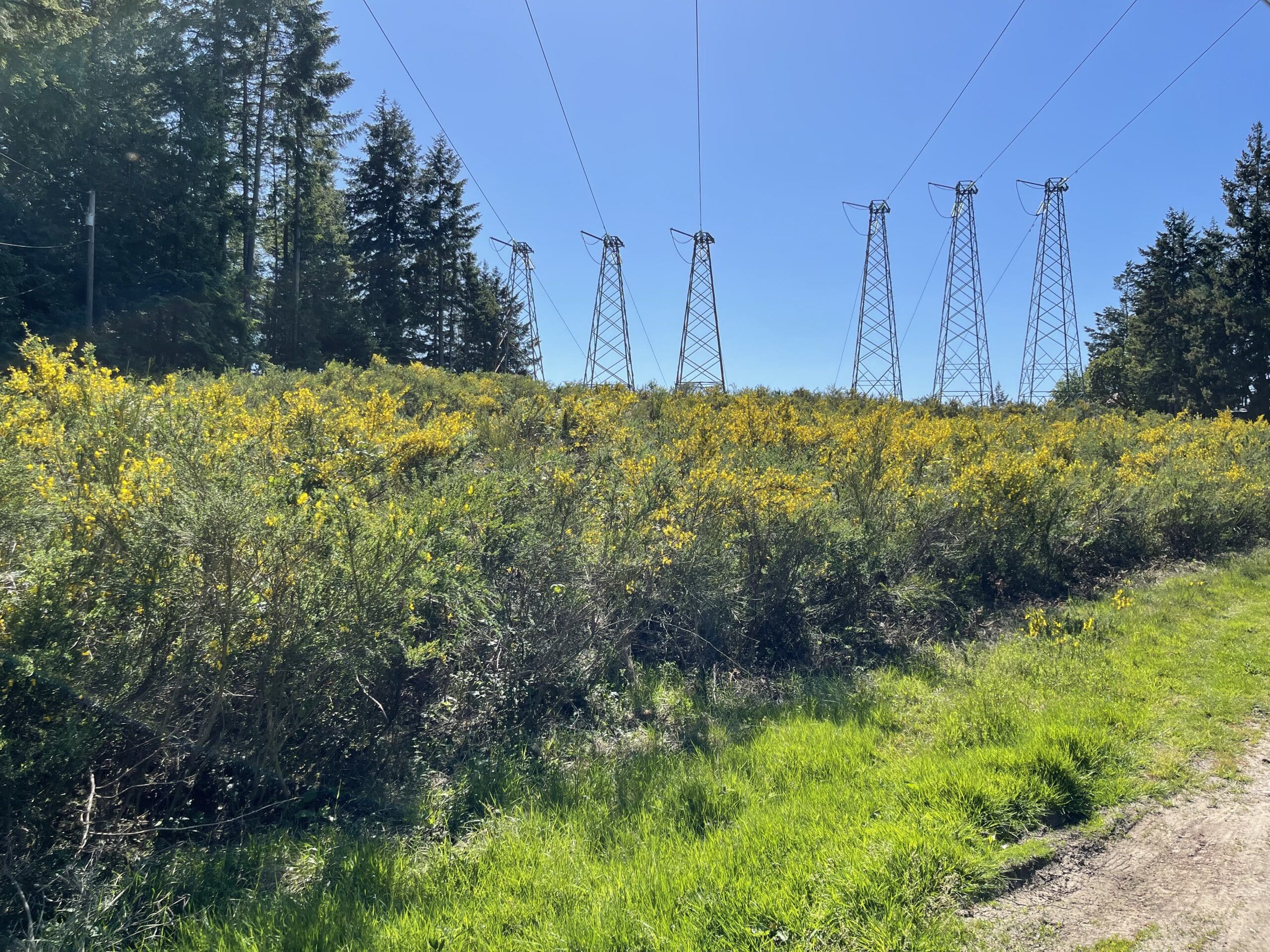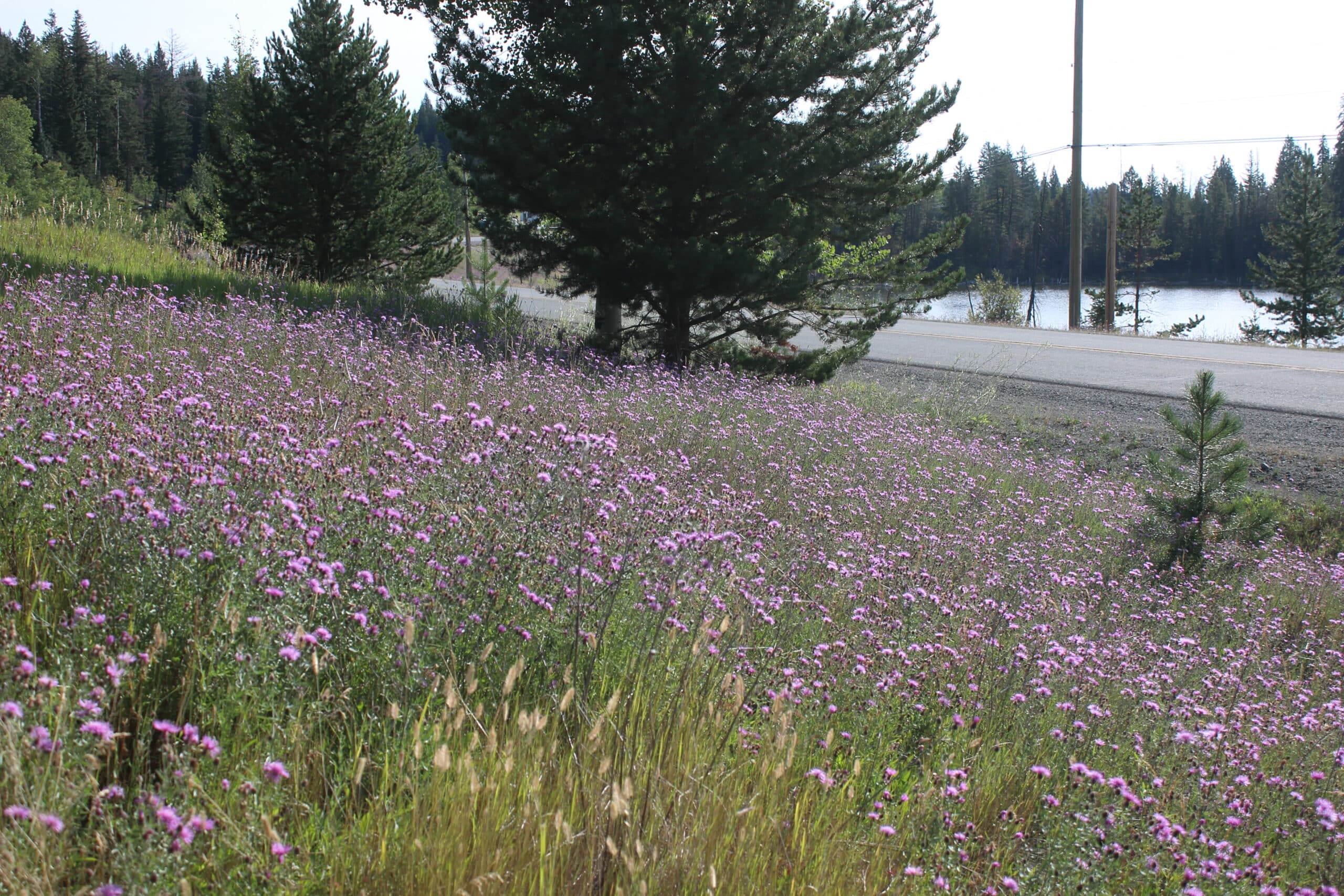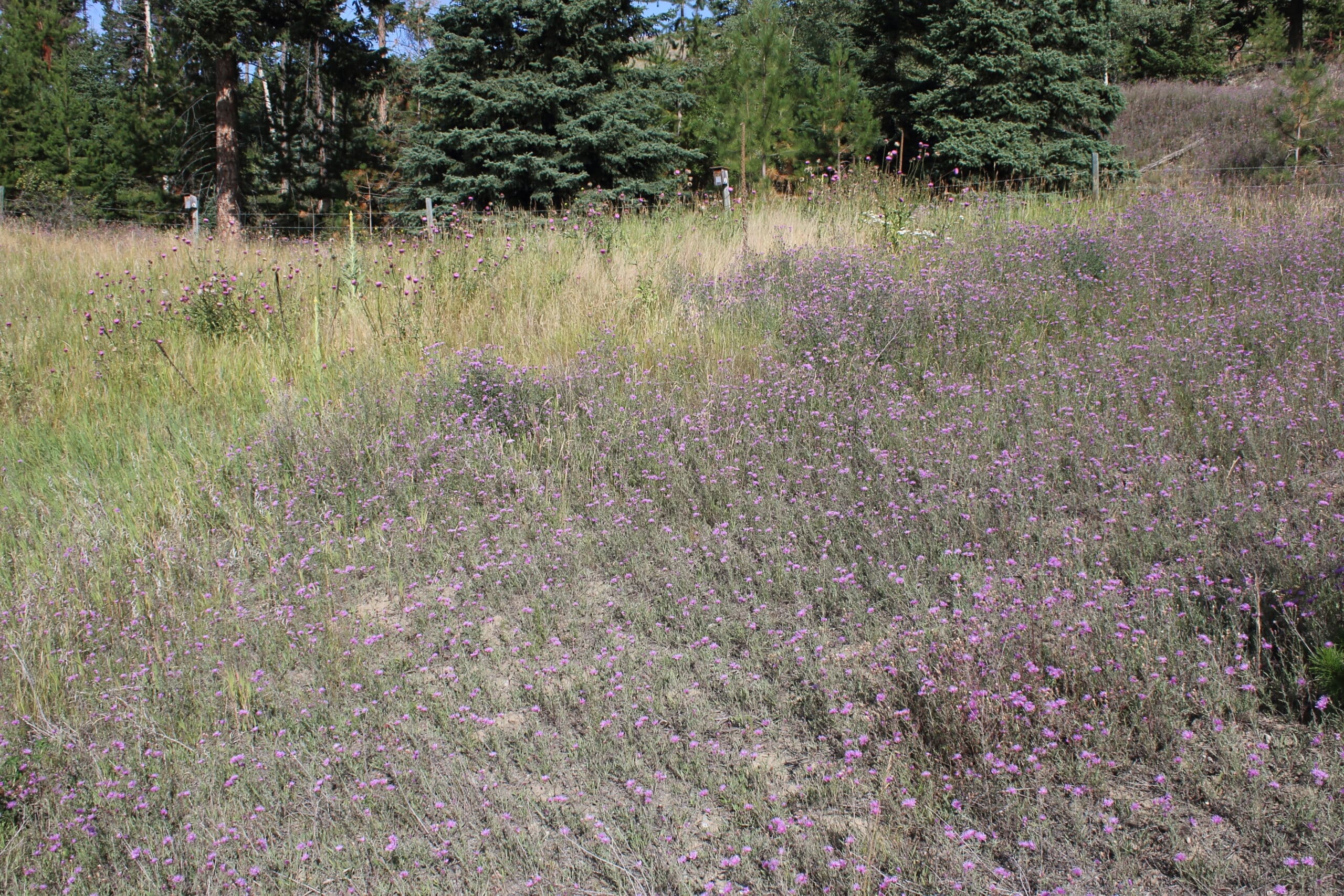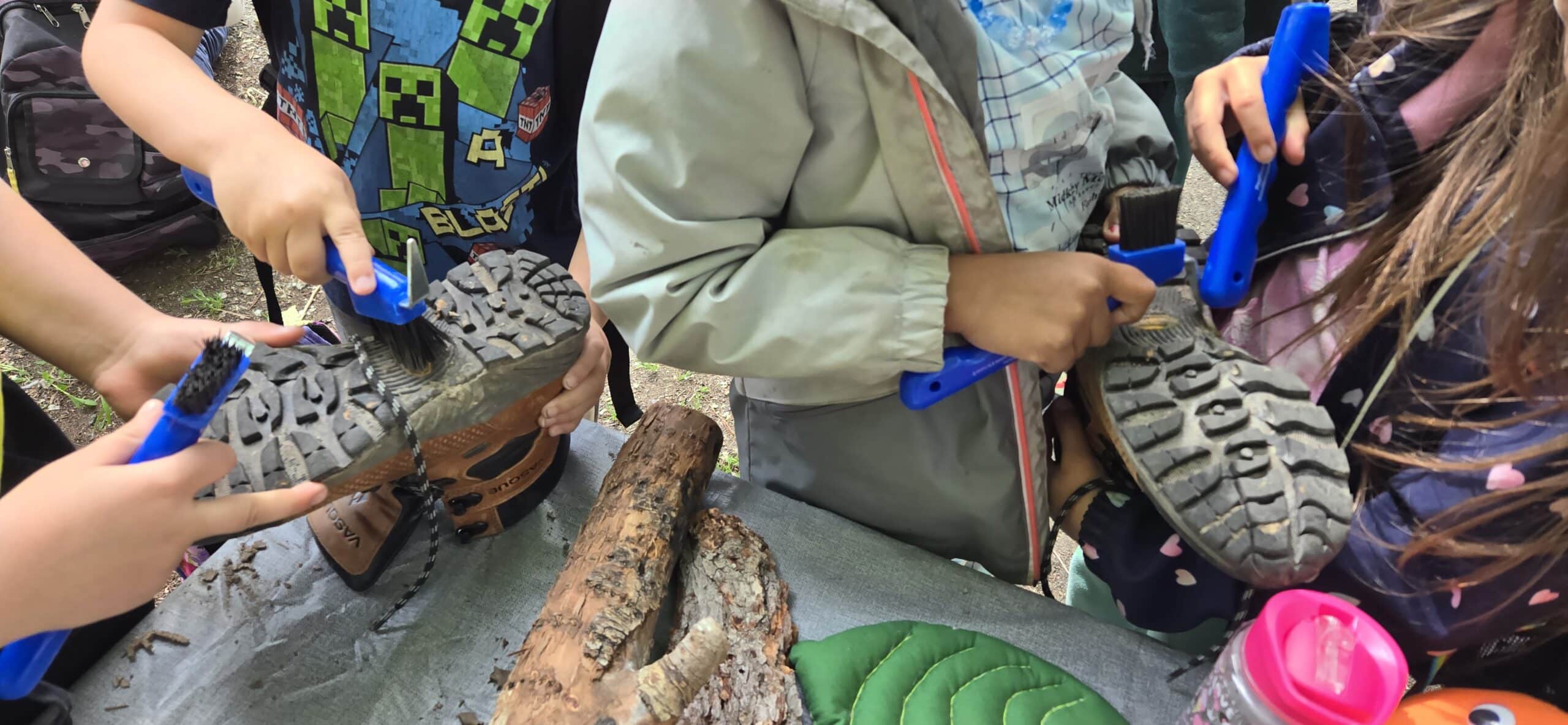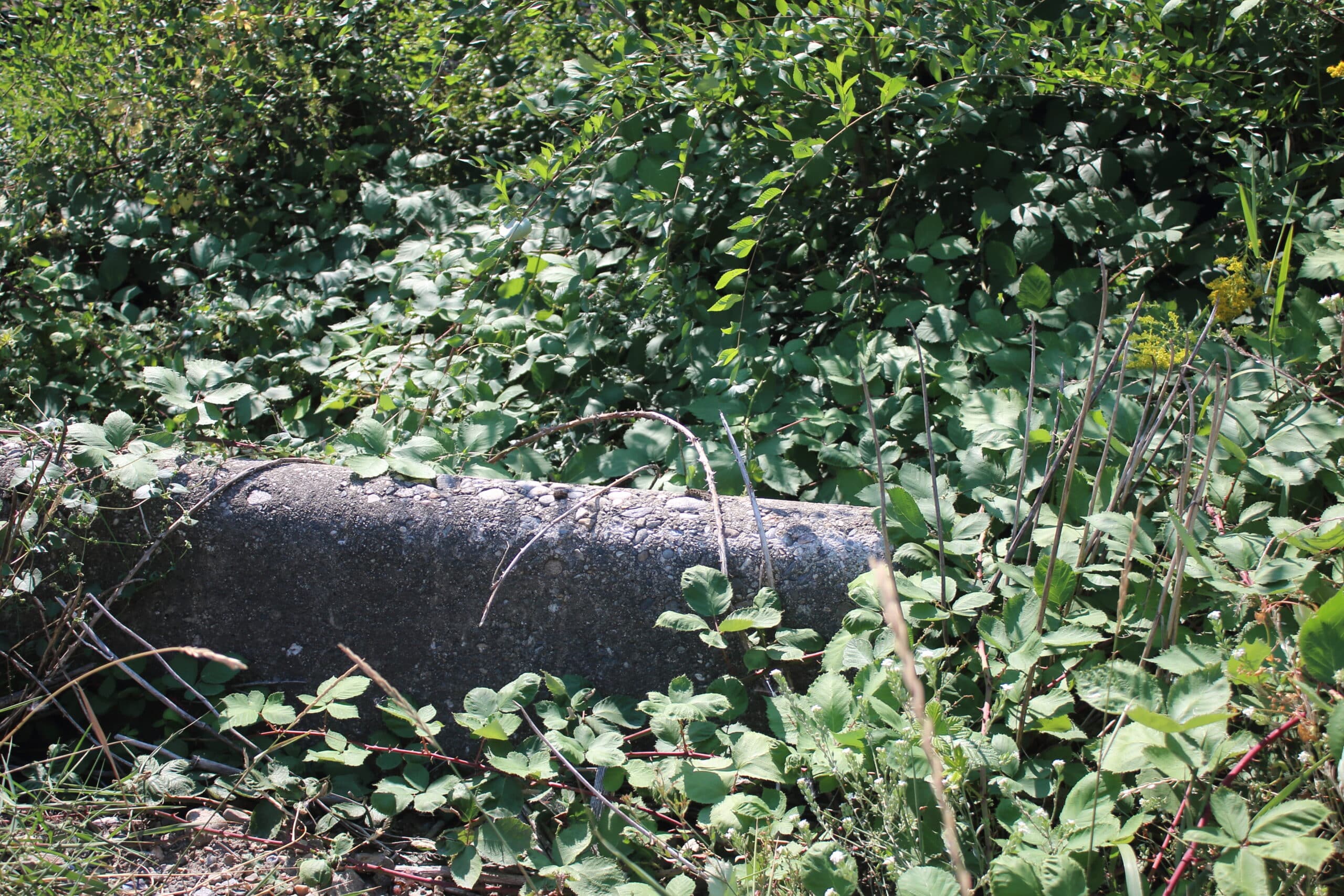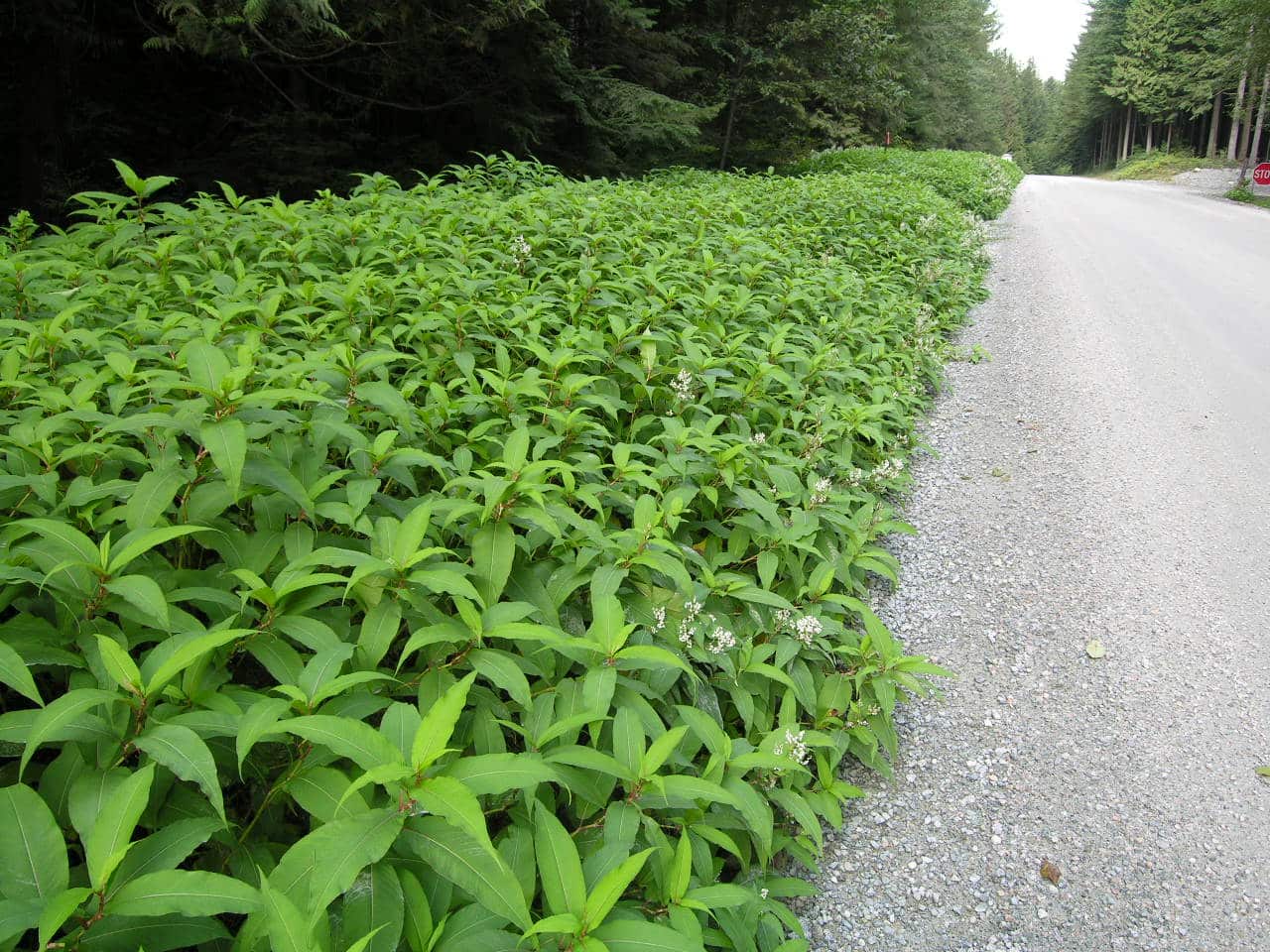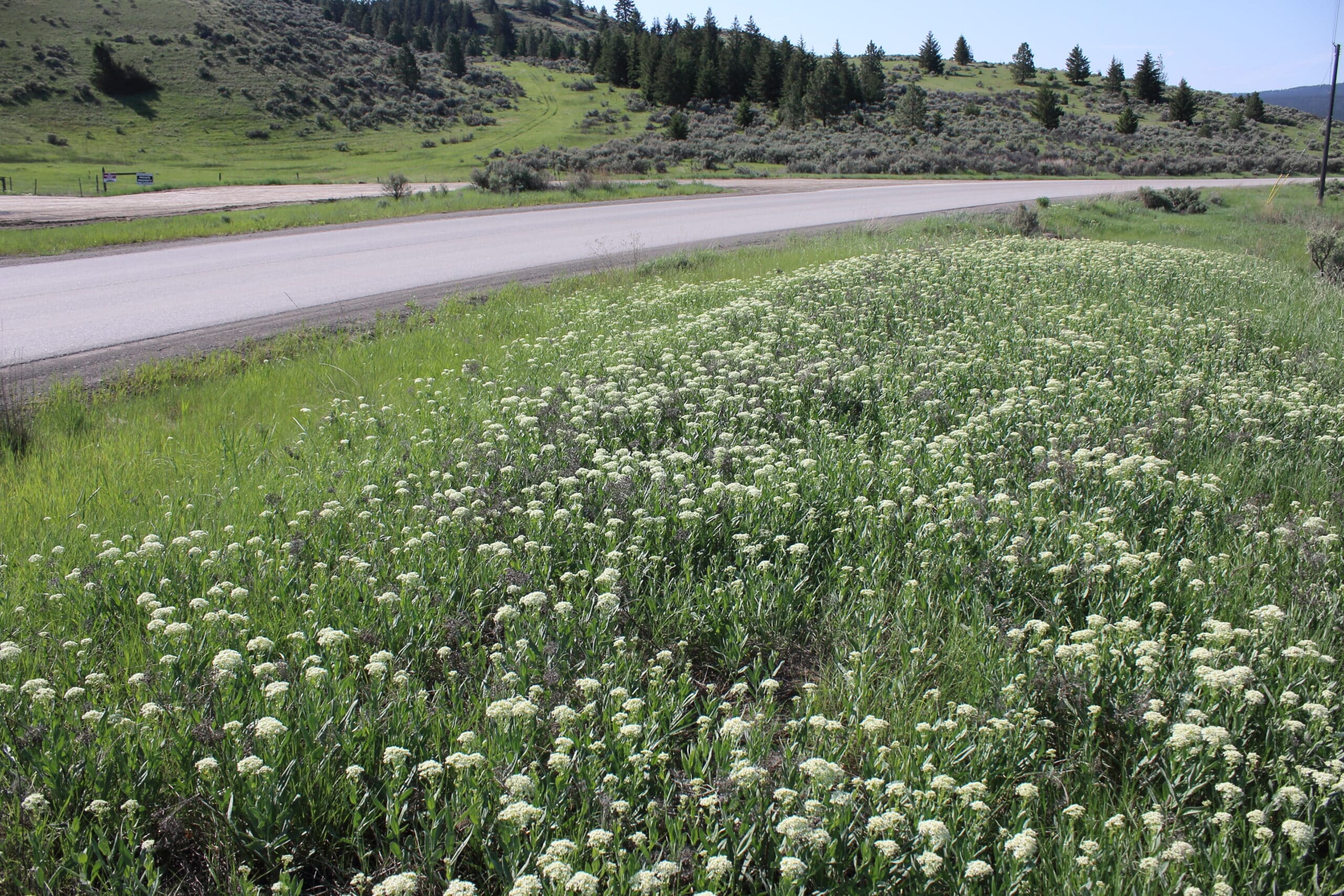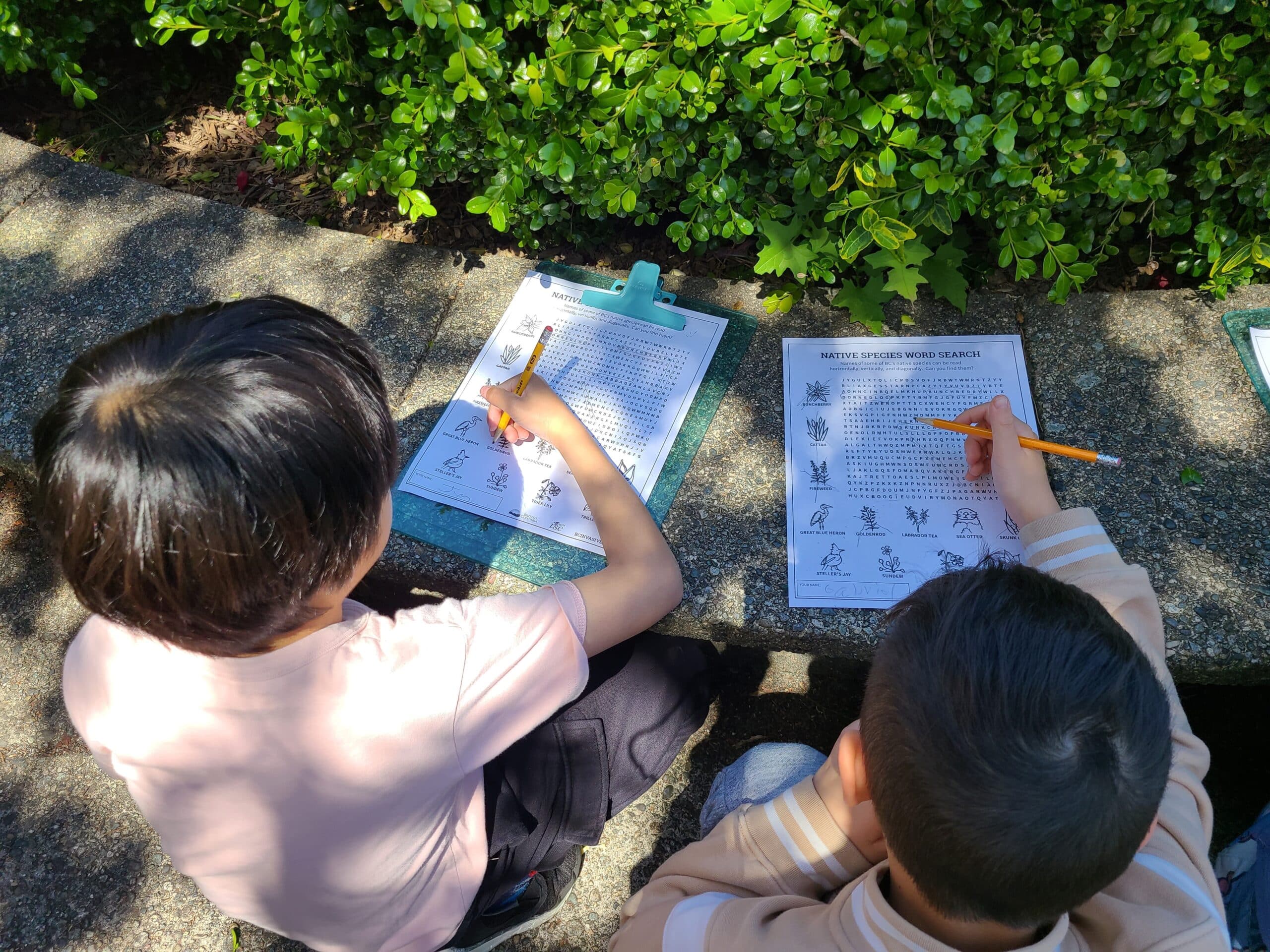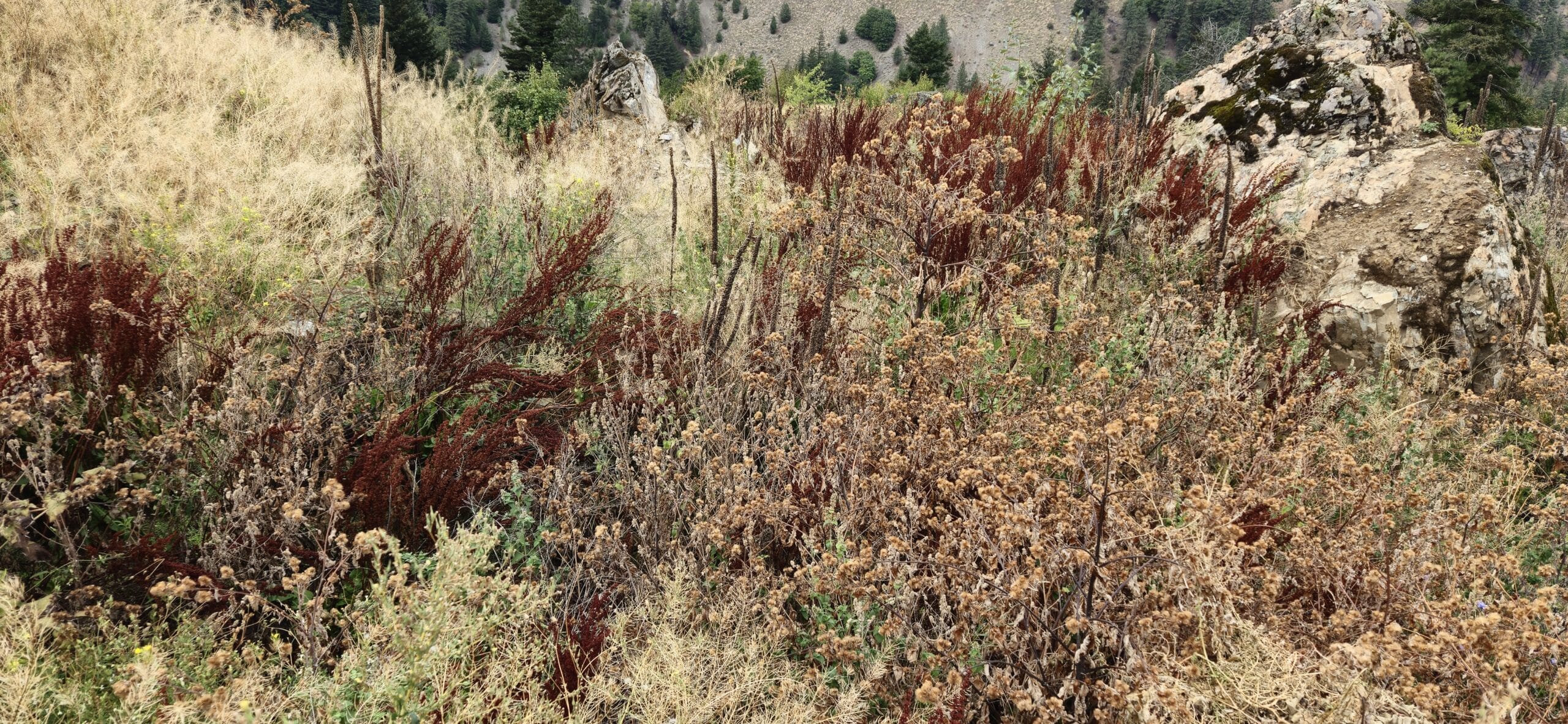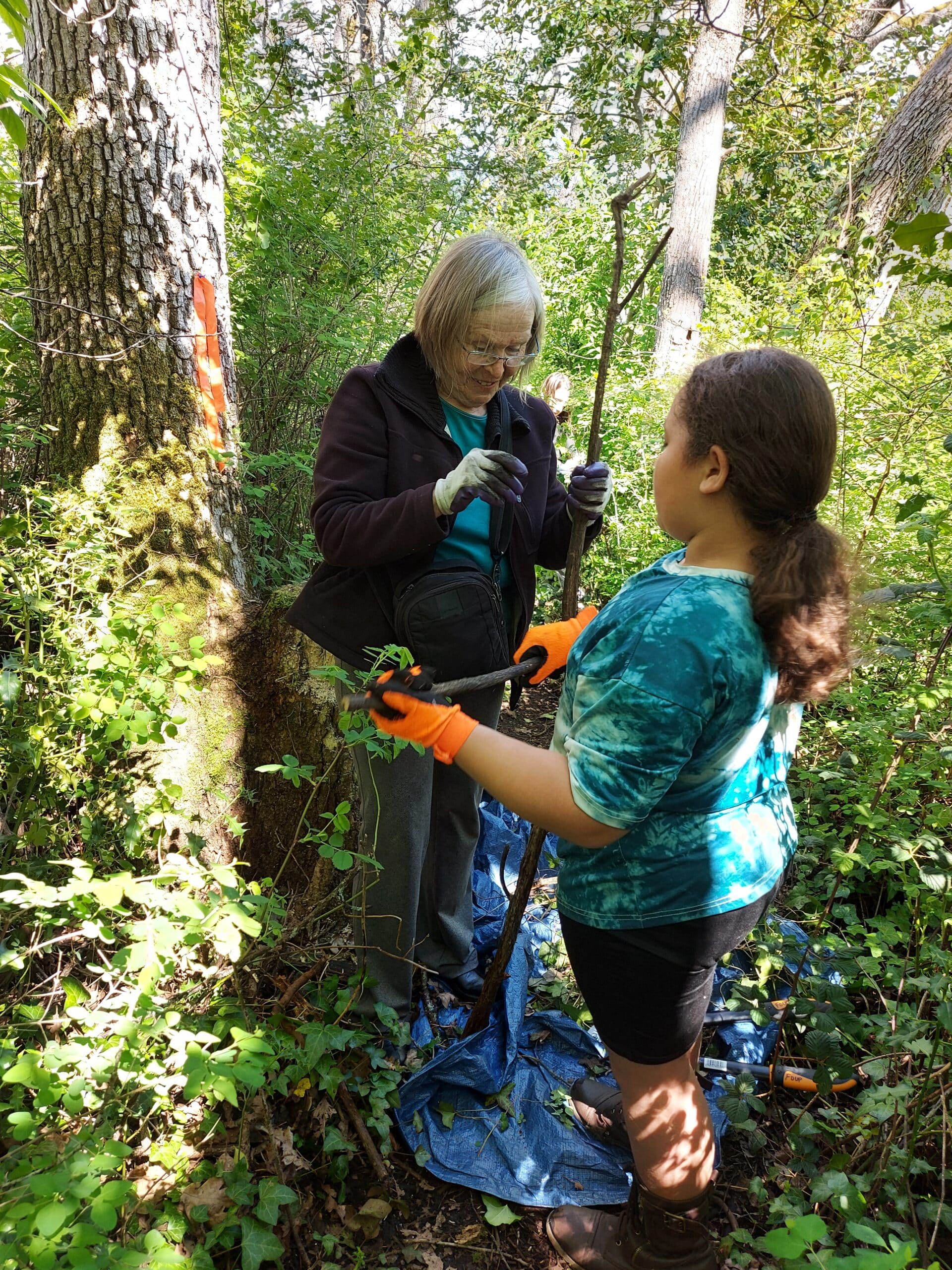By Lisa Houle | June 25, 2024
Tina Coppersmith knows how important it is for students to learn about earth stewardship. As a Special Education Assistant at Connaught Heights Elementary School in New Westminster, B.C., Tina has seen first-hand how the right environment can nurture learning.
“Children are born with empathy and compassion. Nature provides an opportunity for children to express this,” said Tina. “We are truly fortunate at Connaught to have such a beautiful garden which has become an extension of our classroom. We do a lot of our learning in this space and the children have shown dedication and a strong commitment to keeping our garden beautiful.”
The school’s garden wasn’t always the lovely space it is now. It was Tina’s interest in invasive species that sparked its beautification.
“I was doing research for a project a year and a half ago and I came across statistics on invasive species. I was hooked! I read everything I could and found a wealth of information on the Invasive Species Council of BC’s (ISCBC) website. I took the online course and started using the app on my phone to report an invasive sighting,” said Tina. She found some of those invasive plants on the school’s property. After doing some removal, she wanted to create a space better suited for the animals that visit the school gardens.
“We recently experienced record heatwaves and my goal was to restore the gardens to their natural state while providing much needed clean water for the animals. The students and I discussed which flowers to plant, and we created water dishes for all our birds, bees, raccoons, and squirrels.”
Seeing the children’s interest in the garden, Tina was inspired by ISCBC’s list of resources to start an Invasive Species Club which met for 10 Mondays during the year. On rainy days, club members stayed indoors and played numerous games and quizzes. On nice days the club met outdoors, playing games, caring for the garden, and doing activities learned from Indigenous educators which focused on appreciating the beauty of nature.

“It’s quite a sight at recess to see the students pulling the large green bin into the courtyard and getting right to work in the gardens. They have become familiar with the different gardening tools and which jobs require which tools. Some days we just study our gardens, writing down different things we notice each month so we can keep track. We document which flowers are doing well and which invasives need to be removed,” said Tina. “We have meaningful discussions on how healthy soil should smell and feel and talk about the devastation that [brown marmorated] stink bugs can cause. We experiment with different earth-friendly pest solutions, such as earth safe dish soap, and vinegar solutions. And when students see aphids, they rush to get the soapy spray bottle.”

The second club to emerge was Bee Club. Receiving 1,300 mason bee cocoons, club members committed to their care, harvesting the cocoons in the fall. The students unrolled hundreds of paper tubes, cleaned the cocoons, and gave the bees a bath in solution. Once dry, the bees were examined to see if they had been invaded by parasitic wasps, kept separate from the rest of the bees.
“Before their long winter nap, we placed them in bee bags and the students read them a bedtime story. I then put 1,300 baby bees in my fridge!” said Tina. “During the winter we rolled hundreds of paper tubes for the next year and talked about which flowers to plant in the spring. We learned how bees see colours differently and which colours and flowers they prefer. Our first bee was born March 3rd, and the rest hatched the following weeks.”
Tina has seen a lot of positive change in the students since the clubs began.
“One student that is learning English is connecting with peers and feeling more confident working together in our gardens. Another student who once pulled flowers out of the ground is now helping to water the plants. Parents are asking questions about the work the students are doing and are eager to learn about our bees and the different things that are growing in our garden,” said Tina. “But this instance touches my heart the most: one student, who often spends time in the office, has significant challenges, can sometimes be aggressive, and struggles to make better choices. One day in the garden he brought a garden tool to me and asked what it was for. I explained its use and showed him how to use it. He was then approached by three of his friends who wanted to play their usual running/chasing games, but – even after their teasing – he said he just wanted to help in the garden. Soon his friends were in the dirt too, asking questions about the plants, watering, pulling weeds, and filling the green bin.”

Jennifer Hegan and Stephanie Weinstein, ISCBC’s Education Team, had the chance to visit the school and marvel at the change Tina has inspired.
“Tina’s enthusiasm and passion caring for nature shone through bright and strong, transmitting directly to the students at Connaught. When we visited the school, the children were so excited to give us a tour of the garden and outdoor spaces they care for where they learn and play,” said Stephanie. “We were blown away by their ability to identify native and invasive plants, all their questions and curiosity, and their desire to help protect the environment. We were delighted to gift them with an ISCBC Habitat Stewardship sign to showcase their work to their school community and beyond.”

Tina is happy to lead by example and thinks it would be great for other schools to create similar clubs.
“If you are truly passionate about something, people will be inspired by your actions, and the students really do pay attention, even when you think they are not,” said Tina. “ISCBC makes it so easy with the amazing and easy-to use resources which are appropriate for all ages. Having this support has made all the difference. The students still talk about Jen and Stephanie’s visit to our school, and they tell any new visitors about our special Invasive Species sign.”
By creating these clubs and spending time with the students in the garden, Tina hopes the experience will teach them to be confident, caring citizens who inspire others to care for our planet and each other.
“Ms. Frizzle [from ‘The Magic School Bus, a book series and animated educational children’s television series from the 1990’s] said it best: take chances, make mistakes, get messy. I wonder if I’m doing all I can to make a positive change. Our Invasive Species Club meets for only 20 minutes each week, is that enough to make a difference?” questions Tina. “I stumble and make mistakes along the way and feel overwhelmed with the impacts of climate change. Then I remember the Indigenous storybook, The Little Hummingbird by Haida artist, Michael Nicoll Yahgulanaas. If a tiny hummingbird can help stop a forest fire, small changes can make a big impact.”
Watch Tina in action in this YouTube video: https://www.youtube.com/watch?v=eF2TNuCIKHs
For more information about Invasive-Wise Education resources, visit the ISCBC website, or contact Stephanie at sweinstein@bcinvasives.ca
Lisa is a Communications and Outreach Coordinator at ISCBC. She values a diverse environment and connecting with others about environmental protection. In her spare time Lisa enjoys spending time at the ocean and beach combing for sea glass. You can reach Lisa at lhoule@bcinvasives.ca
Share



